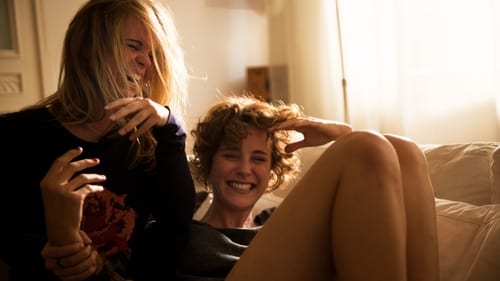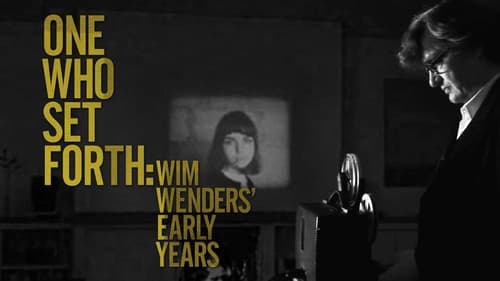
Production Design
A snack bar owner smokes with his Muslim neighbor in the stairwell of their apartment building at night. Her husband is his good friend. They draw closer to one another as the nights go on and look out over the city to the dark satellites, the brutalist concrete buildings on the outskirts of the city - relics of the GDR past. A security guard watches over Objekt 95, a satellite town with a residential complex which many foreigners call home. While on patrol at night, he gets to know a young Ukrainian woman who fled her home country when the war broke out. He wants to protect her, while his friend, the “old security guard”, radios to him from an abandoned Russian barrack night after night. A woman from the train cleaning service drinks in a train station bar after her night shift. There, she meets a hairdresser. The two of them become friends and spend many nights together in the station. Every night, her desire grows even greater for this woman who is exactly as lonely as she is.

Production Design
Dois anos depois que os zumbis tomaram a Terra, as cidades alemãs de Weimar e Jena são os últimos lugares em que ainda há um sinal de civilização humana. Duas jovens, Vivi e Eva, fogem dos limites da comunidade livre de zumbis de Weimar. Essa jornada as leva até uma paisagem pós-apocalíptica bela e exuberante: na ausência de humanos, a natureza reassumiu o controle do local. Percebendo que a luta contra os mortos-vivos pode não ser deles, surge um novo entendimento dessa situação.

Production Design
Adolf Hitler desperta no mesmo local em que ficava o seu bunker há 70 anos, mas vira um fenômeno da mídia ao ser confundido com um comediante.

Production Design
Baseado no livro homônimo de Charlotte Roche, que conta a história de Helen Memel, uma jovem de 18 anos que é internada pós umas mal sucedida depilação íntima. A situação curiosa expõe a vida dela, que não aceita a separação dos pais, e acaba se envolvendo com um enfermeiro do hospital.

Production Design
The early films of Wim Wenders are now regarded as landmarks of European film. Alice in the Cities, Wrong Move and Kings of the Road became foundations of the German New Wave and cemented the reputation of their director. In One Who Set Forth: Wim Wenders' Early Years Marcel Wehn explores the background to these films. Through personal recollection and rare home movie footage, it documents the director's early life, from experiments with his first camera, via his deviation from a career in medicine in favour of art and film, through to international recognition for the Road Trilogy. Central to these were themes that became cornerstones of all his work: national identity, the importance of personal relationships and the allure of the road. With contributions from the director and the many collaborators who helped define his vision, One Who Set Forth is a compelling account of Wim Wenders' life and work.




